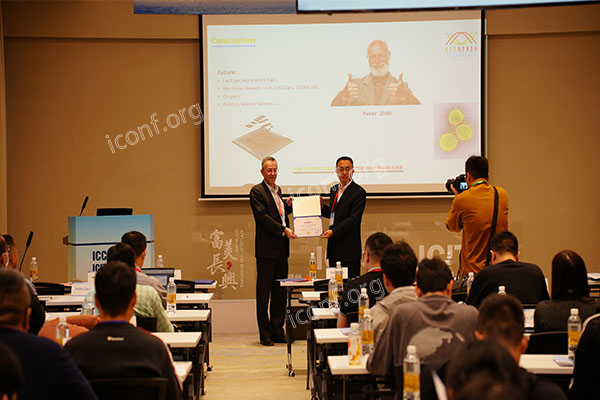As we approach 2025, the landscape of e-commerce is rapidly evolving. This transformation is fueled by technological advancements, changing consumer behaviors, and innovative business models. Conferences and scholarly papers offer valuable insights into these trends, serving as platforms for experts to share research, discuss challenges, and envision the future of online commerce.
Key Trends in E-commerce
1. Artificial Intelligence and Machine Learning
AI and machine learning are revolutionizing e-commerce by enhancing personalization, improving customer service, and optimizing inventory management. Research papers highlight the use of AI for predictive analytics, enabling businesses to anticipate customer needs and tailor experiences accordingly.
2. Sustainability and Ethical Practices
With growing consumer awareness, sustainability has become a focal point in e-commerce. Scholarly discussions emphasize sustainable supply chain practices, eco-friendly packaging, and the role of digital platforms in promoting ethical consumerism.
3. Augmented Reality (AR) and Virtual Reality (VR)
AR and VR technologies are transforming the online shopping experience by allowing consumers to visualize products in real-world contexts. Conferences often showcase case studies where these technologies have increased engagement and conversion rates.
4. Blockchain and Security
As cybersecurity concerns mount, blockchain technology is gaining traction for its potential to enhance transparency and security in transactions. Academic papers explore its applications in secure payments, fraud prevention, and supply chain traceability.
5. Mobile Commerce (M-commerce)
The proliferation of smartphones has made mobile commerce a cornerstone of online shopping. Research highlights the importance of mobile-friendly websites and apps, seamless payment gateways, and location-based services in driving sales.
6. Social Commerce
Social media platforms are increasingly integrating commerce features, making it easier for consumers to shop directly from their feeds. Studies indicate that social commerce leverages the power of influencers and user-generated content to build trust and drive purchases.
The Role of Conferences
Conferences provide a dynamic space for professionals to exchange ideas, network, and collaborate on e-commerce innovations. They often feature keynote speeches from industry leaders, panel discussions on emerging trends, and workshops on practical applications of new technologies.
Academic Contributions
Scholarly papers play a critical role in advancing e-commerce knowledge. They offer in-depth analyses of consumer behavior, market dynamics, and technological impacts. Peer-reviewed research ensures the credibility of findings, guiding businesses in strategic decision-making.
Conclusion
The e-commerce sector is poised for significant changes by 2025, driven by technology and consumer demands. Conferences and scholarly papers are essential for staying informed and competitive. They not only highlight current trends but also predict future developments, helping businesses adapt and thrive in the digital age.
